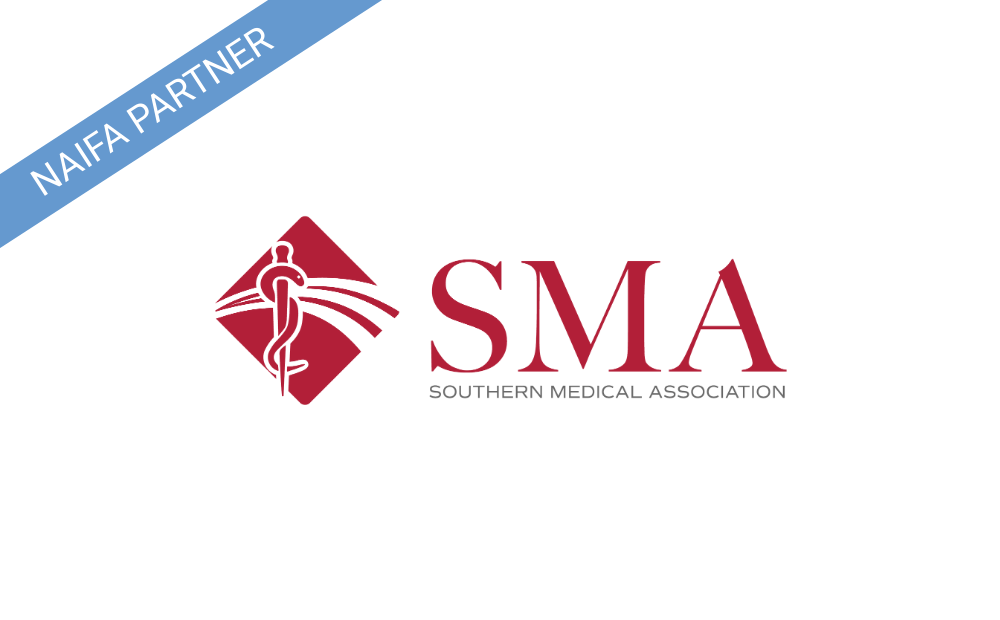The NBA playoffs are upon us — when the best of the best face off against each other. Even if you don’t know a thing about basketball, you’ve heard some of their names: LeBron James, Kyrie Irving, James Harden. But these games aren’t one-on-one. They’re team efforts, and every player has a specific role to play. You have your point guard; your power forward; your shooting guard; your small forward; and your center. Each one has different strengths. Each has different weaknesses, too.
You don’t have to know what they all do. All you need to know is that you wouldn’t build a lineup of five point guards any more than you would use a lawnmower to trim your hedges, or a chainsaw to cut your grass. Five people playing the same position won’t win any games; neither will one star player on the court all by his lonesome.
The same principles apply to servicing a 401(k) plan. It takes a team: the plan sponsor, recordkeepers, CPAs, advisors… and a TPA. As an advisor, you may be a wizard when it comes to focusing a plan’s investments. You may be able to maximize participant outcomes in your sleep. But just like an all-star forward, even the best advisor can’t be everywhere at once. Plan design, compliance, and administration are specialties all their own. You need someone who can set you up with an assist. You need a TPA.
Even if an organization's 401(k) is outperforming the market, if it discriminates against highly-compensated employees, those employees end up with unnecessarily high individual tax burdens. And if it discriminates against other employees — if the highly-compensated employees are contributing too much in proportion to their lower-salaried colleagues — that plan is subject to penalties for noncompliance. And every organization has different needs; every organization needs a customized plan.
Advisors have to keep an eye on a plan’s performance. That’s a full-time job. To create individualized plans that will maximize the use of employer contributions, and to navigate the complex rules of compliance testing, nothing beats a third-party administrator. Here are a few reasons why a TPA can help you up your game when it comes to serving your clients:
TPAs are platform neutral.
TPAs aren’t beholden to any particular investment platform. Their only concerns are a) compliance with IRS regulations regarding 401(k) plans; and b) maximizing a plan’s returns within those constraints. A TPA will never be working against your clients’ interests — and they won’t be working against yours, either. No matter what platforms you rely on, a qualified TPA can work with you.
TPAs evaluate and monitor existing plans for compliance.
Plenty of organizations adopted their existing QRP years ago. And years ago, that plan may have been the perfect fit. But things change. The organization may have grown in size; or it may have shrunk; it may have taken on more highly-compensated employees. Or it may be the laws that have changed, affecting the plan sponsor in ways they haven’t foreseen. TPAs can monitor and flag those changes, making sure older plans continue to meet the standards of the IRS, the Department of Labor, and all ERISA regulations.
TPAs devise creative, customized solutions for every type and size of organization.
While compliance is crucial, it’s only the beginning of a TPA’s responsibilities. TPAs can safely adjust already-compliant plans to make them work even better for organizations and their employees. They stay abreast of new laws — like the SECURE Act’s recent simplification of safe harbor rules, or the relief from early withdrawal penalties in the CARES Act — to secure every possible advantage for a plan sponsor.
TPAs prepare accurate tax filings.
Not only will a TPA complete and file the required Form 5500 for a 401(k), but they’ll be there whenever an organization is required to submit an audit. They’ll guide you through everything you need to prepare; and then, as a licensed independent entity, they’ll be authorized to conduct the audit for you.
TPAs are a valuable sales resource.
When visiting a prospective new client, having a TPA with you can make all the difference. Again, as a neutral party, TPAs aren’t selling anything: they’re educating. With no conflict of interest to speak of, they’ll point out to potential clients any areas where their plan can improve — no matter how they choose to improve it. Offering an independent TPA review helps you to establish trust with prospective clients.
TPAs allow you to focus your energy on what you do best.
If all that sounds like a lot… well, that’s because it is. There are only so many hours in the day, and you want to spend them giving top-quality service to as many clients as you can. That’s hard to do when you have to review, revise, and renew 401(k) adoption agreements all by yourself. With a TPA working alongside you, you’ll be free to concentrate fully on a plan’s investments and participant outcomes.
As an advisor, the decisions you make are of vital importance to your clients. You’re their point guard, so to speak; but you don’t have to carry the whole team yourself. Partnering with a great TPA will do more than build up your bench. It’ll build your reputation — and your business.
Southern Medical Association (SMA) is an Educational Partner to NAIFA as well as a supporter of NAIFA's Business Performance Center. For members, you can learn more about SMA and how to partner within the Member Portal.








.png?width=300&height=600&name=Tax%20Talk%20Graphic%20-%20email%20tower%20(300%20x%20600%20px).png)
